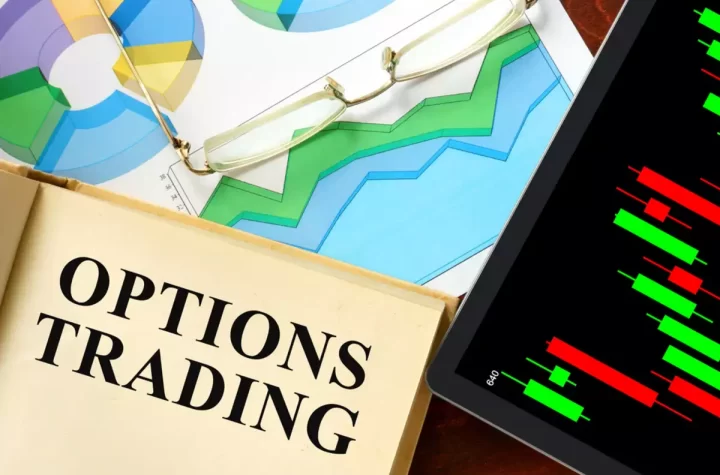
Are you considering venturing into CFDs (Contracts for Difference) as an investment but are wondering whether this type of trading is right for you? Trading CFDs can be extremely rewarding if done correctly; however, it carries certain risks that may not suit every investor’s risk profile.
In this article, we will explore the potential benefits and drawbacks of trading in Contracts for Difference so that you can decide whether this type of financial activity is suitable. Armed with reliable information, we hope you can decide on a path towards investing or avoiding CFD contracts altogether.
Overview of CFDs and their advantages
Contract For Difference, or CFD, is a derivative investment that allows traders to speculate on the price movement of an underlying asset without actually owning it. With CFDs, traders can invest in various markets, including stocks, indices, currencies, and commodities. The most significant advantage of CFDs is that they offer traders ample opportunities to make gains with limited initial capital, thanks to leverage. Due to this, even small market price movements can lead to sizeable profits or losses.
Additionally, CFDs also allow traders to profit from both rising and falling markets, as well as to quickly enter and exit positions. In short, CFDs offer a flexible, cost-efficient way to invest in financial markets. Saxo Broker Dubai can provide more information on the advantages of CFDs trading.
How to choose the right CFD provider
When trading CFDs, selecting a reliable and reputable provider that can offer high-quality services is crucial. Some of the factors to consider when selecting an online broker include product range, fees and commissions, execution speed, customer service quality, and research tools available. You should also ensure that the appropriate agencies within its jurisdiction regulate your chosen broker.
It would help if you felt comfortable with your broker, as they will be handling a large part of your investment decisions. Your choice should depend on your individual needs and preferences; therefore, it is best to research before settling for one provider in particular.
How to assess your risk level when trading CFDs
CFDs are a high-risk investment, and it is vital to understand the risks associated with trading in this market. It includes volatility, leverage, liquidity risk, market gaps, fees and commissions, counterparty credit risk, etc. It is essential to assess your financial standing and risk appetite before deciding whether CFD trading suits you.
It is also essential to ensure that you trade responsibly by only investing funds you can afford to lose. It may also be helpful to set up stop-loss orders on your positions to minimize potential losses. By following these steps, you should be able to make informed decisions when trading Contracts for Difference.
Benefits of leverage in CFD trading
One of the most significant benefits of CFD trading is that it offers leverage. Leverage allows traders to make larger trades with smaller amounts of capital, amplifying profits and losses. Using leverage, traders can gain increased exposure to the markets without initially investing a large amount of funds.
However, it is essential to note that while leveraging can increase potential profits significantly, it can also lead to more significant losses if not used prudently. Therefore, before applying any leverage, it is essential to properly assess your risk profile and ensure that you are comfortable with the risks involved in leveraged CFDs trading.
What strategies should you use when trading with CFDs?
When trading with CFDs, it is vital to implement a well-thought-out strategy. It includes setting up entry and exit points and stopping losses to minimize potential losses. Additionally, traders should be familiar with different market analysis tools, such as technical and fundamental analysis, to make more informed decisions when trading.
By understanding the markets before entering positions and using risk management strategies, traders can ensure they have the best chance of generating returns from their investments.
Analyzing markets for successful CFD trades
It is essential to understand the markets to make successful trades. It includes researching markets, analyzing price trends, and staying updated on news that can impact prices. Technical analysis involves using charts and indicators to identify trading signals and determine possible trade entry and exit points. On the other hand, fundamental analysis looks at economic conditions that can affect prices.
By incorporating technical and fundamental analysis into their trading strategies, traders should gain insight into how the market conditions may change over time, giving them a better chance of making profitable CFD trades.





More Stories
Forex Trading Strategies for Low-Liquidity Currency Pairs
Understanding Forex Market Trends and Indicators
Forex Trading Strategies for Volatile Markets